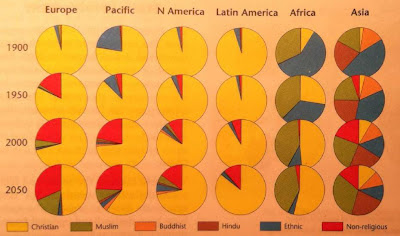Each of the conflict styles is represented by an animal, as seen in the photo.
- A shark is competitive in conflicts, very intent on achieving their desired outcome and sometimes sacrificing harmony in the relationship in order to do so.
- A teddy bear is an accomodator who places the relationship above their own agenda in the conflict. Because they favor relational harmony (and tend to be "people pleasers"), they will set their own opinions aside to resolve the conflict.
- The fox is the compromisor, persuading each party to give up part of their goals so that a mutually agreeable solution can be reached. They work for the common good and see compromise as a "win-win".
- The turtle tends to withdraw or avoid conflict by staying away from situations where it could arise or giving up their personal goals and relationships to avoid it. They believe it's easier to withdraw from conflict than to confront it.
- Finally, the owl is the collaborator who highly values both relationships and their own goals. They enjoy solving problems and in conflict, will invest a lot of time in to finding a solution that achieves both their goals and others'.
As we head to the mission field and prepare to work in teams, we recognize the importance of understanding ours and others' conflict styles. We also discussed the importance of growing beyond our "natural style" and how the ability to operate in other styles shows our maturity as we grow.
What style do you gravitate towards?











